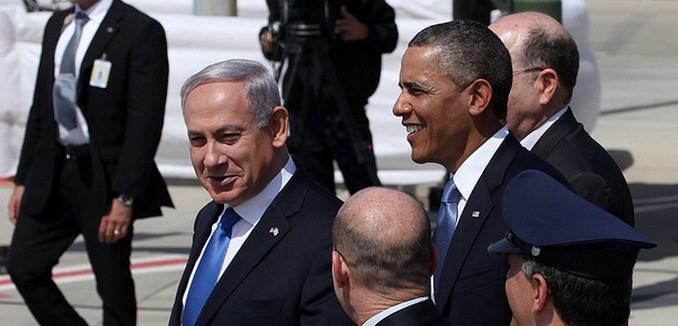Israel and Turkey have taken what officials are describing as a first step toward rapprochement, after Israeli Prime Minister Benjamin Netanyahu spoke with Turkish Prime Minister Recep Tayyip Erdogan and apologized for operational mistakes surrounding Israel’s 2010 interception of a Turkish vessel trying to break Israel’s blockade of the Hamas-controlled Gaza Strip. Erdogan accepted Netanyahu’s apology, and committed to dropping charges against Israelis that Turkey has been prosecuting for what happened on the Mavi Marmara.
Members of the Turkish Humanitarian Relief Foundation (IHH) — a group designated as a terror organization by the Netherlands and Germany — were aboard the MV Mavi Marmara, which was part of a larger flotilla. IHH members attacked Israeli commandos who boarded the ship, and nine died in the ensuing fighting. A U.N. investigation into the incident later determined that Israel’s blockade was legal, echoing expert consensus. In today’s call Netanyahu reportedly promised to compensate the families of those killed.
The half hour phone call — the first shared by Erdogan and Netanyahu since the incident – was arranged with the help of President Obama. The U.S. president also reportedly joined the phone call at one point. American interests have been adversely affected by Ankara’s efforts to diplomatically isolate Israel in the aftermath of the flotilla, and the president had consistently pursued diplomacy designed to facilitate reconciliation.
Turkish officials had moved to block Israeli participation in military and anti-terror cooperation forums, and even in forums dedicated to pursuing clean energy. Erdogan repeatedly lashed out against Israel, accusing Israelis of ethnic cleansing and describing Zionism as a crime against humanity (after being criticized over the latter by Secretary of State John Kerry, Erodgan doubled down on the remarks).
Turkish-Israeli rapprochement may complicate Erdogan’s domestic position. Erdogan and Turkish Foreign Minister Ahmet Davutoglu have both long resisted reconciliation with Israel unless Jerusalem lifted its blockade of the Gaza Strip. Experts on the relationship between Jerusalem and Ankara noted that the demand was a non-starter given Israeli concerns about Iranian weapons smuggling, but Erdogan continued to belittle Israeli efforts to mend ties while the blockade had yet to be lifted.
What experts described as Erdogan and Davutoglu’s “schoolyard behavior” left Turkey a diplomatic bit player on Israeli-Arab matters and harmed the country’s defense capabilities. Meanwhile Turkey saw its “zero problems” foreign policy orientation — which once involved close ties to Iran and Syria — crumble. Renewing what was once a strong alliance with Israel may help Ankara stabilize its position.
[Photo: The Israel Project / Flickr]




